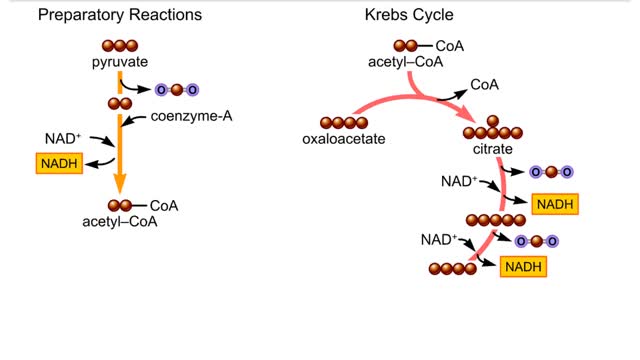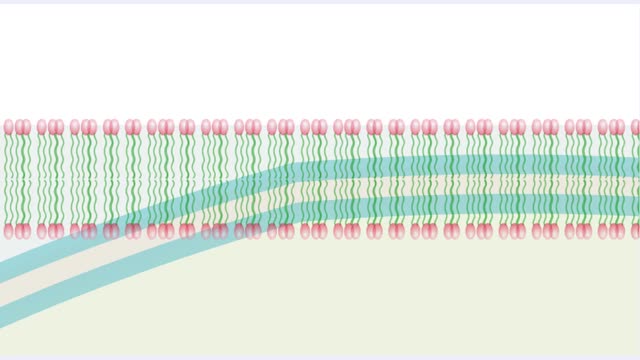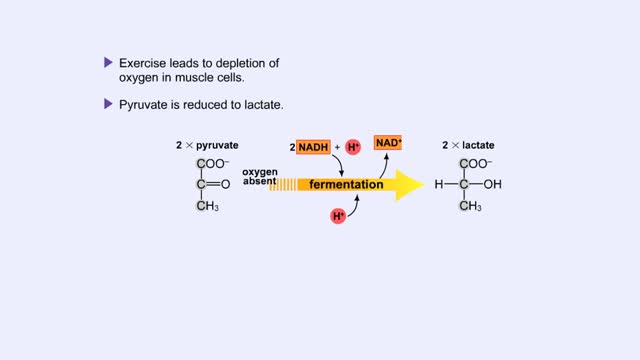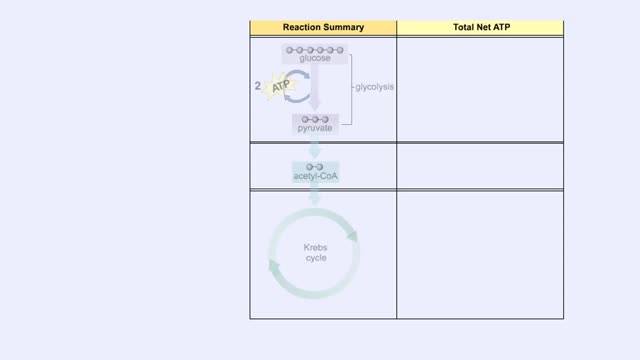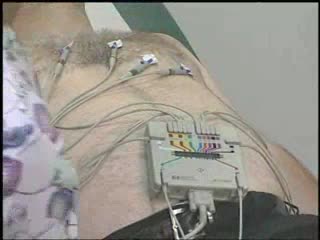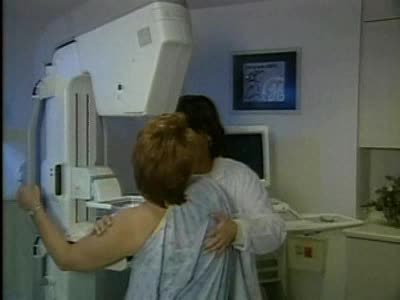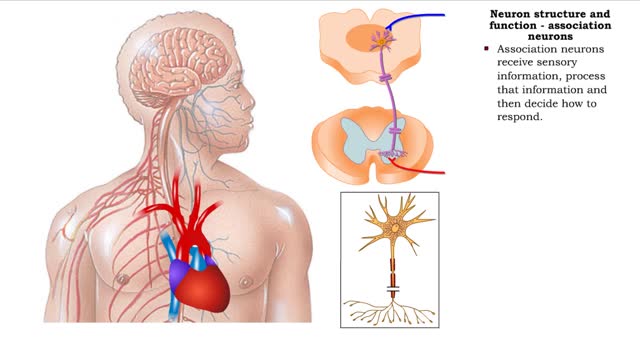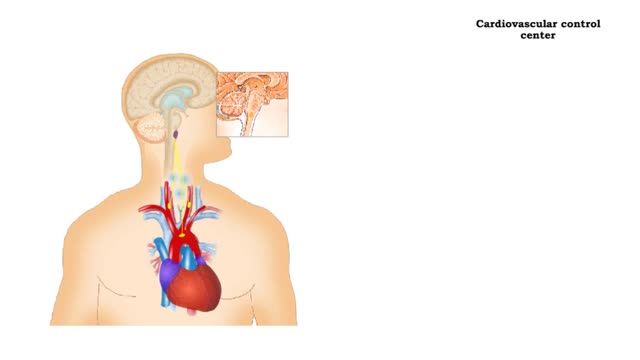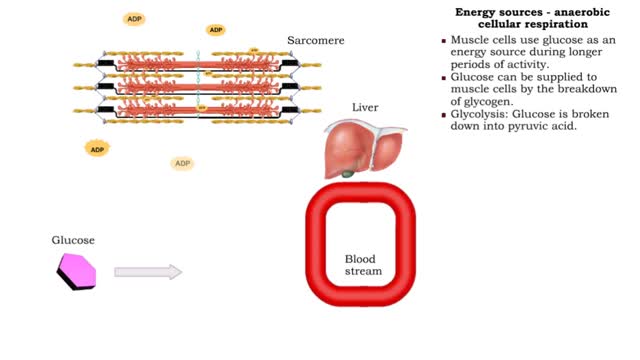Search Results
Results for: 'rate of reaction'
By: HWC, Views: 5941
The second-stage reactions of aerobic respiration. The second-stage reactions occur in a mitochondrion's inner compartment. In the first preparatory reaction, a carbon atom is stripped from pyruvate and released as carbon dioxide. The remaining carbons combine with coenzyme A and give ...
Molecules, Membrane Permeability and Structure
By: HWC, Views: 11154
Organisms are not isolated system at equilibrium and need to intake nutrients and electrolytes as remove wastes. Similarly Cells within an organism must also exchange compound by passing them through membrane. The permeability of a membrane is the rate of passive diffusion of molecules th...
Fermentation - When Oxygen Is Absent, Pyruvate to Lactate & Pyruvate to Ethanol
By: HWC, Views: 11184
Pyruvate is the end product of glycolysis. If oxygen is present, pyruvate enters the mitochondrion where further energy yielding reactions of the Krebs cycle will take place. However, if oxygen is not present, pyruvate will enter a pathway called fermentation. This pathway regenerates NAD+ fro...
ETC Protein Complexes & Chemiosmosis (Total ATP Production and ATP Synthase)
By: HWC, Views: 11409
You will notice that FADH2 donates two electrons further downstream than NADH. This results in only two protons being pumped across the inner membrane. The final electron acceptor for these transported electrons is oxygen. Oxygen receives these electrons, plus protons from the aqueous matrix. ...
By: Administrator, Views: 14500
An electrocardiogram (ECG or EKG) is a test that checks how your heart is functioning by measuring the electrical activity of the heart. With each heartbeat, an electrical impulse (or wave) travels through your heart. This wave causes the muscle to squeeze and pump blood from the heart. Sinoat...
By: Administrator, Views: 434
Mammography (also called mastography) is the process of using low-energy X-rays (usually around 30 kVp) to examine the human breast for diagnosis and screening. The goal of mammography is the early detection of breast cancer, typically through detection of characteristic masses or microcalcificat...
Neuron structure and function - sensory neurons, association neurons & motor neurons
By: HWC, Views: 11666
• The primary function of the nervous system is to provide rapid communication within the body to maintain homeostasis. • This function underlies behaviors, thinking and control of organ functions. • The basic functions of the nervous system are provided by: • Sensory neurons • ...
Negative Feedback Regulation of Blood Pressure
By: HWC, Views: 11658
stimulus • Blood pressure determines the flow of blood to and from capillaries. • Low blood pressure results in reduced blood flow. • High blood pressure can cause blood vessels to break. Baroreceptors • The aortic arch carries blood to the body. • The common carotids ca...
By: HWC, Views: 11936
• The amount of ATP stored in a skeletal muscle cell can only provide muscular activity for two to three seconds. • Muscle cells must be able to generate additional molecules of ATP to continue contracting. • Muscle cells can generate ATP from several processes: • Phosphogen syste...
Advertisement



